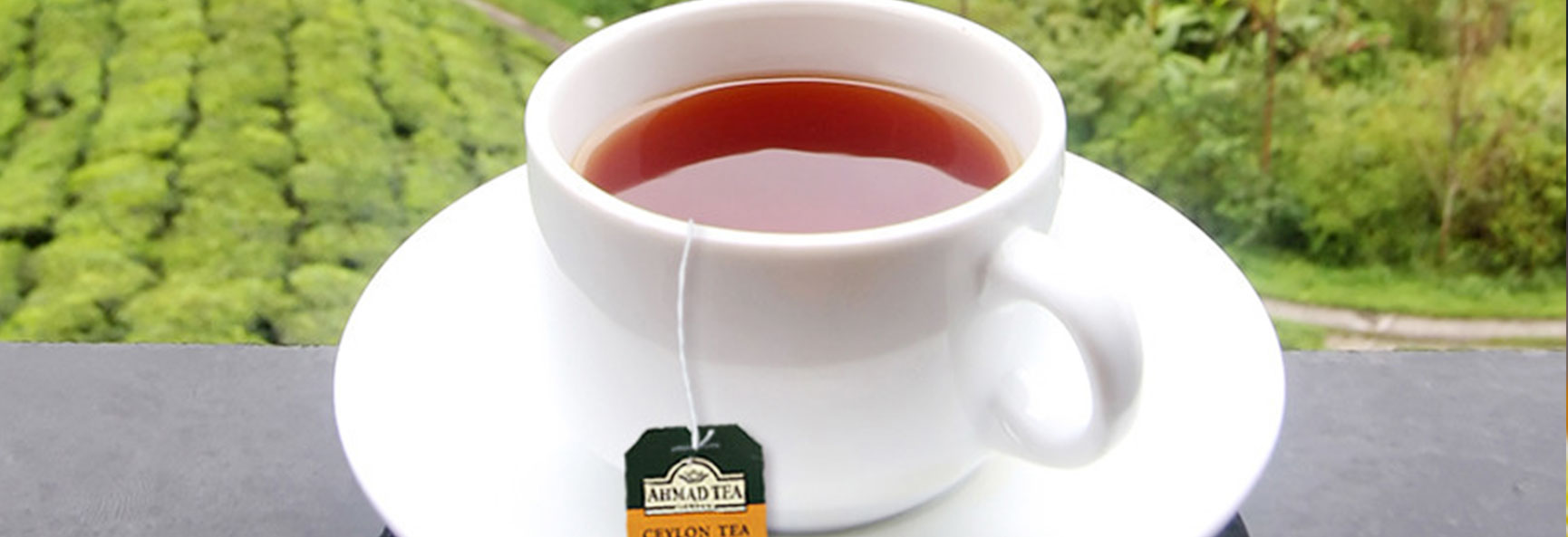Green tea and black tea were once just a popular beverage in China and Japan but now its popularity has led to increased interest from all health advocates around the world. Why? Because tea fights cancer!
Global statistics shows that rates of many types of cancer are much lower in Asia compared to other countries, and the speculation is rooted in the idea that Asian people have high tea consumption.
Both black tea and green tea come from the leaf of the plant ‘Camellia sinensis’. These leaves contain ‘bioactive’ compounds which are known to be antioxidants that provide multiple benefits in our system. The substance in green tea that researchers found to be essential is the EGCG or the epigallocatechin-3-gallate. EGCG is the major polyphenol in green tea which has many fascinating functions and is considered to be the key ingredient as far as health benefits are concerned. It has been verified and tested comprehensively to provide a better understanding of its potential cancer-fighting abilities.

EGCG Inhibits Cancer Cells from Growing
Cancer cells are known for their behavior of ruthlessly dividing to form tumors and eventually creating abnormal cells in the body. These, in turn, hinder the normal functioning of cell growth and death, resulting in life-threatening conditions. EGCG and other antioxidants found in green tea act in a very specific way to prevent cancer cells developing which are very likely responsible for some of its anti-cancer health benefits.
EGCG Kills Different Cancer Cells
In one scientific study, treating breast cancer cells with EGCG paved a way to scientists to quantify the significant reduction of the size of an identified tumor. This proposition primed an idea that EGCG and other green tea antioxidants not only prevent cancer cells from developing, but they also destroy them. According to the epidemiological study conducted by the University of North Carolina among Russian women from Moscow, the consumption of 2.5 cups of tea or more daily was linked with a 60 % fall in rectal cancer risk compared to women who drink about 1.2 cups of tea per day or less. On the other hand, another study conducted by the University of Arizona revealed that participants who consumed black tea and citrus peel reduced the risk of skin cancer by about 42%. Based on several available pieces of evidence, it further suggests that a regular intake of 2-3 cups of green tea a day can help lower the overall cancer risk without any serious side effects.

Cancer Research UK (2015). Green Tea (Retrieved 19 September 2016) from http://www.cancerresearchuk.org/about-cancer/cancers-in-general/treatment/complementary-alternative/therapies/green-tea.
Liu, J., Xing, J., & Fei, Y. (2008). Green tea (Camellia sinensis) and cancer prevention: a systematic review of randomized trials and epidemiological studies. Chinese Medicine, 3(12). doi: 10.1186/1749-8546-3-12
Nair, S. (n.d.). 3 Anti-Cancer Health Benefits of Green Tea. [web post]. (Retrieved 19 September 2016) from https://thetruthaboutcancer.com/three-anti-cancer-health-benefits-of-green-tea/.
Yuan, J.M. (2013). Cancer prevention by green tea: evidence from epidemiologic studies. The American Journal of Clinical Nutrition, 98(6) 1676S-1681S. (Retrieved 19 September 2016) from doi: 10.3945/ajcn.113.058271.
